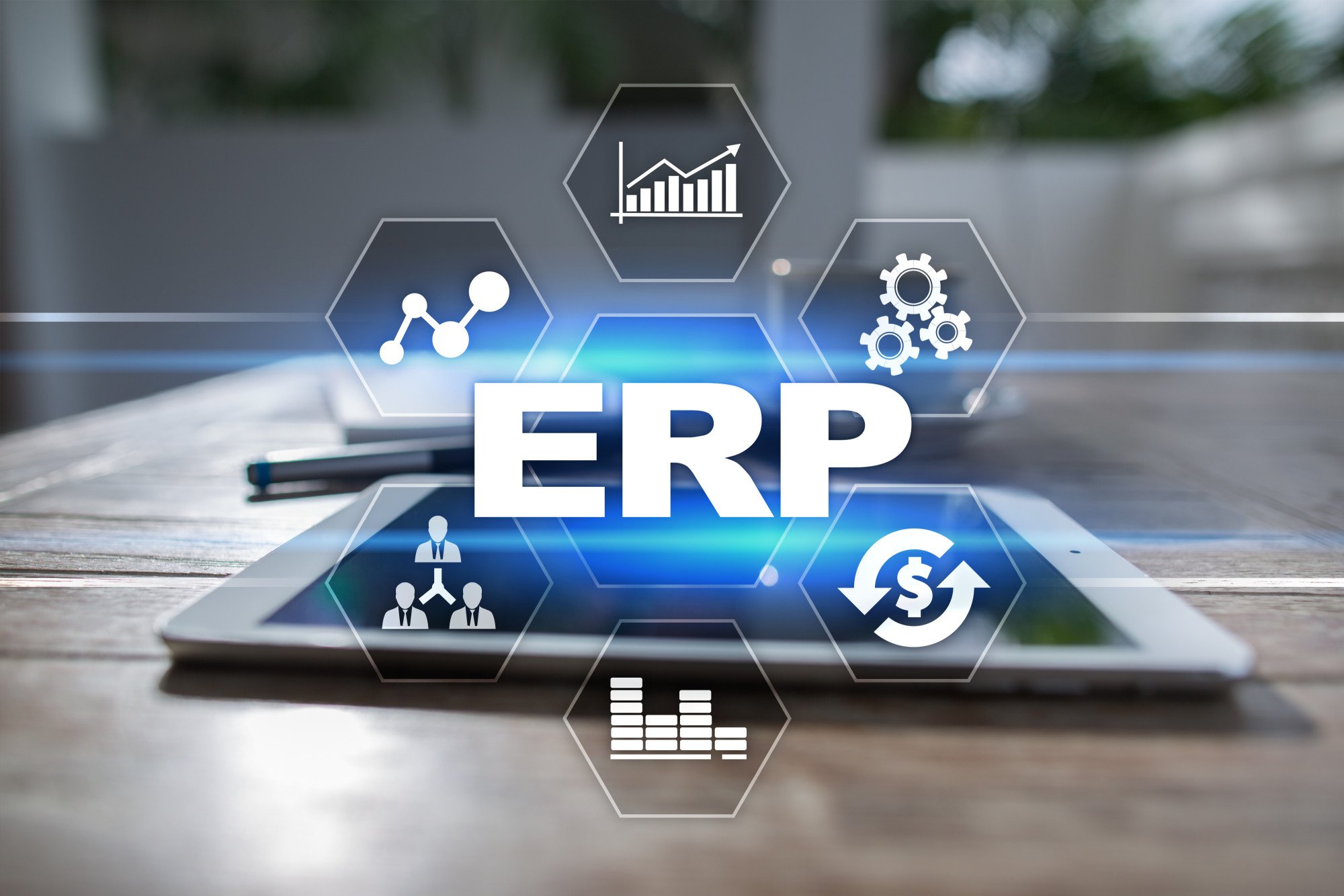Best top 10 cryptocurrency 2023

A cryptocurrency is a new form of currency that was created to be decentralized, secure, and anonymous. Cryptocurrency uses cryptography to secure transactions and control the creation of new units of currency. Cryptocurrencies are not tied to any bank or government so they can be transferred easily between individuals without interference.
Here is a list of the top 10 cryptocurrency
- Ethereum
- Ripple
- Bitcoin Cash
- EOS
- Litecoin
- Stellar
- Cardano
- TRON
- NEO
- Monero
1. Ethereum
Ethereum is a decentralized platform that runs smart contracts: applications that run exactly as programmed without any possibility of downtime, censorship, fraud, or third-party interference.
The Ethereum Virtual Machine (EVM) is the runtime environment for smart contracts in Ethereum. It’s a 256-bit number with 8 bytes reserved for its own use, 4 bytes for the user’s ether, and another 8 bytes for other data like gas fees and code.
2. Ripple
Ripple is a real-time gross settlement system (RTGS), currency exchange, and remittance network created by Ripple. The consensus ledger, which can be accessed via rippled or the command-line interface with ripple-cli is an open-source project that runs on all major operating systems.
The Ripple Consensus Ledger is an open-source software project that enables distributed financial infrastructure for the internet of value (IOV). It’s also called “Ripple“. With this technology you can send money anywhere in the world instantly without any fees or delays, so your bank account balance stays up to date at all times.
3. Bitcoin Cash
Bitcoin Cash is a cryptocurrency. It’s a hard fork of the original Bitcoin, and it was created in 2017 by a group of developers who wanted to improve on their creation with faster transaction times and higher block sizes.
Bitcoin Cash has been called “the best altcoin” because it has an active community and a large number of merchants accept it as payment. The market cap for Bitcoin Cash is $3,073,039,958 (as of writing).
4. EOS
EOS is a blockchain-based, decentralized operating system. It was created by Dan Larimer, who has been involved in the development of blockchain technologies since his creation of Steemit in 2016.
EOS is a platform for the development of decentralized applications (DAPPs) and it’s estimated that over 1 million Dapps will be built on top of EOS by 2021. EOS has its own cryptocurrency token called “EOS” which can be traded at exchanges like Binance and Huobi.
5. Litecoin
Litecoin is a peer-to-peer cryptocurrency that was created by Charlie Lee. It is based on an open-source global payment network that is not controlled by any central authority. As of June 1, 2018, there were over 44 million Litecoin in circulation, making it the second most popular cryptocurrency after Bitcoin.
Litecoin has many similarities with Bitcoin: both are digital currencies with no central bank or single administrator; they use encryption technology to secure transactions; they can be sent easily across the globe; and each unit of currency costs around $100 USD at today’s exchange rate
6. Stellar
Stellar is a platform that connects banks, payment systems, and people. It aims to provide a worldwide financial network that lets you send and receive money in any pair of currencies.
The Stellar Network is focused on being fast, scalable, and decentralized. It uses blockchain technology to enable users to make instant transfers of value with low fees while maintaining complete control over their assets at all times.
7. Cardano
Cardano is a fully open-source blockchain and cryptocurrency project, with the goal of creating a smart contract platform that is scalable, flexible, and ready for real-world (i.e., commercial) applications. The project is led by Charles Hoskinson, who also co-founded Ethereum and was an early investor in Bitcoin.
Cardano’s goal is to be the “third generation” cryptocurrency after Bitcoin and Ethereum; it’s similar in many ways but has some key differences: It uses proof-of-stake rather than proof-of-work mining; it has its own programming language called OCaml; it implements the academic research of Encumbered Proofs (Ethereum employs them as well); there are no pre-mine or instamine issues because all funds were used for development from day one; Cardano has two types of coins called ADA or Ada tokens which are used for running Dapps on their platform…
8. TRON
TRON is a blockchain-based decentralized protocol that aims to construct a worldwide free content entertainment system. It’s based on an improved version of Ethereum, with faster transaction speeds and higher throughput than Ethereum.
TRON has a higher degree of scalability than Ethereum, allowing it to support millions of transactions per second (TPS). Both networks have similar levels of decentralization as well; however, TRON has at least 10 times more nodes than the ETH network in terms of the number of active nodes today (over 100k vs 3k).
9. NEO
NEO is a blockchain platform and cryptocurrency designed to build a scalable network of decentralized applications. It was founded by Da Hongfei, Erik Zhang, and Jian Li in July 2017. NEO uses digital identity technology and digital assets to digitize assets, automate the management of digital assets using smart contracts and realize a “smart economy” with a distributed network.
NEO will be one of the largest blockchain platforms in terms of market cap after Ethereum if it reaches its projected value around 2020 (at $1 billion).
10. Monero
Monero is a secure, private, untraceable currency. It’s open-source and uses a public ledger to record transactions that are confirmed by network nodes and then added to the blockchain. This makes it more resistant to censorship than banks or governments can be.
Monero’s privacy features include ring signatures, stealth addresses (which hide your identity), multiple inputs/outputs per transaction, and more.
In 2023 a lot of people are going to benefit from cryptocurrency mining
- Cryptocurrency mining is a good way to make money.
- You can get started with cryptocurrency mining by buying a mining rig and installing it in your home or garage, or renting an empty room at an internet cafe.
Conclusion
As you can see, there are many different cryptocurrencies to choose from. Each one has its own advantages and disadvantages. The best cryptocurrency to invest in depends on your needs and how much money you want to spend on mining equipment. If you’re just starting out with cryptocurrency, then Ethereum might be right for you because it has low transaction fees compared to other coins like Bitcoin or Litecoin



















